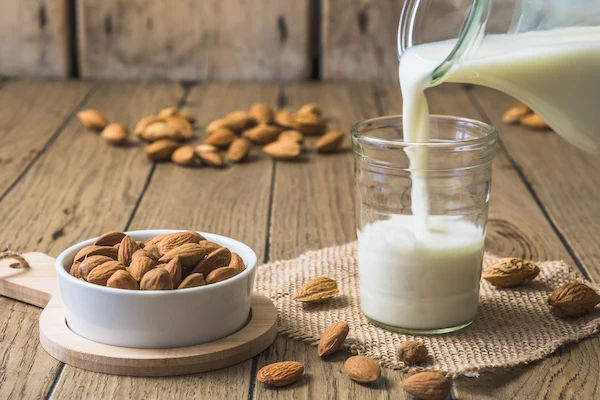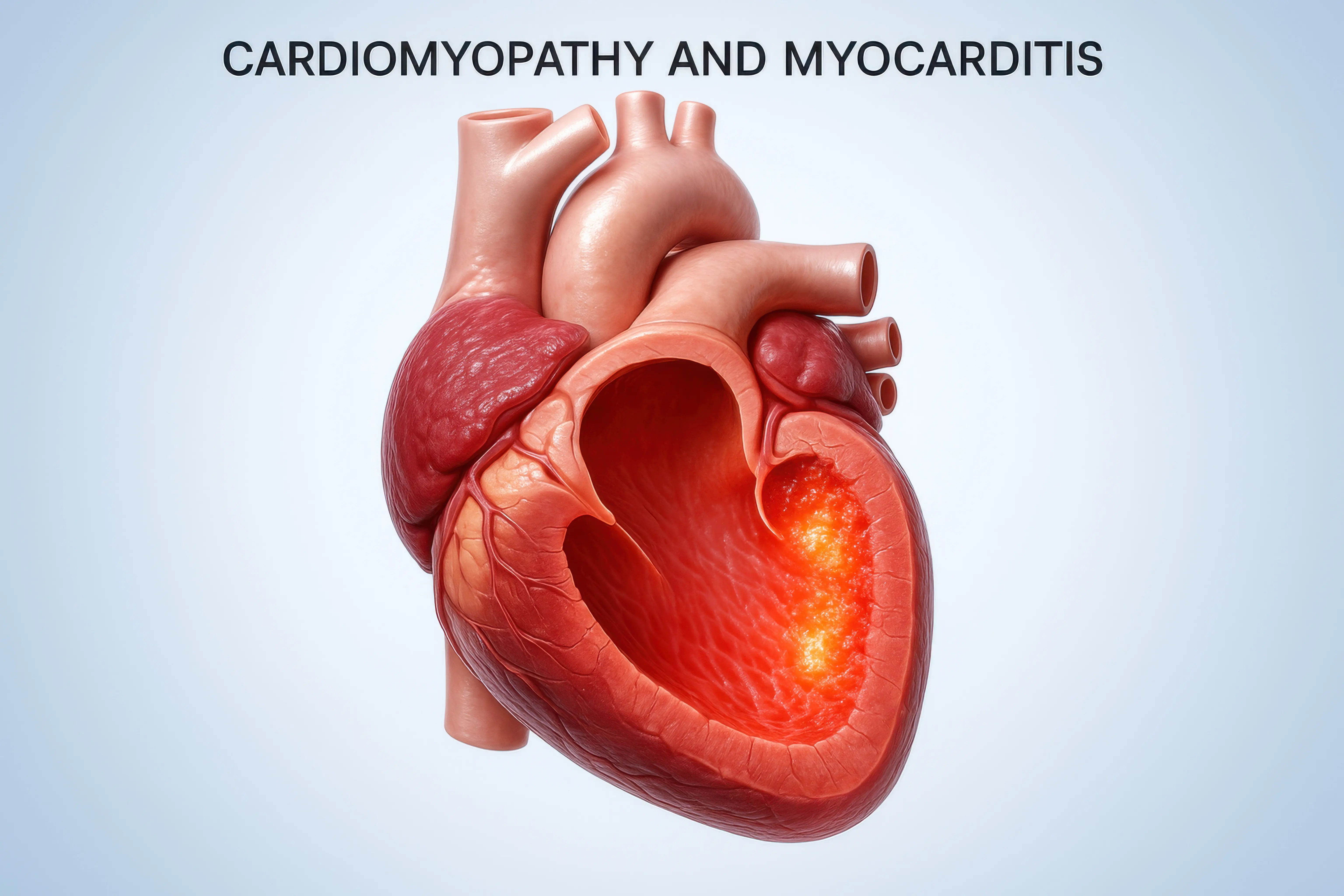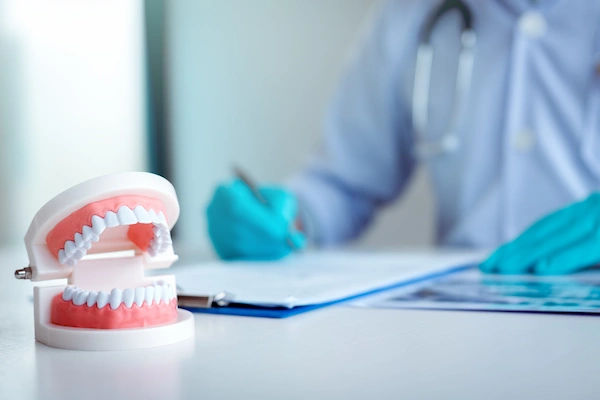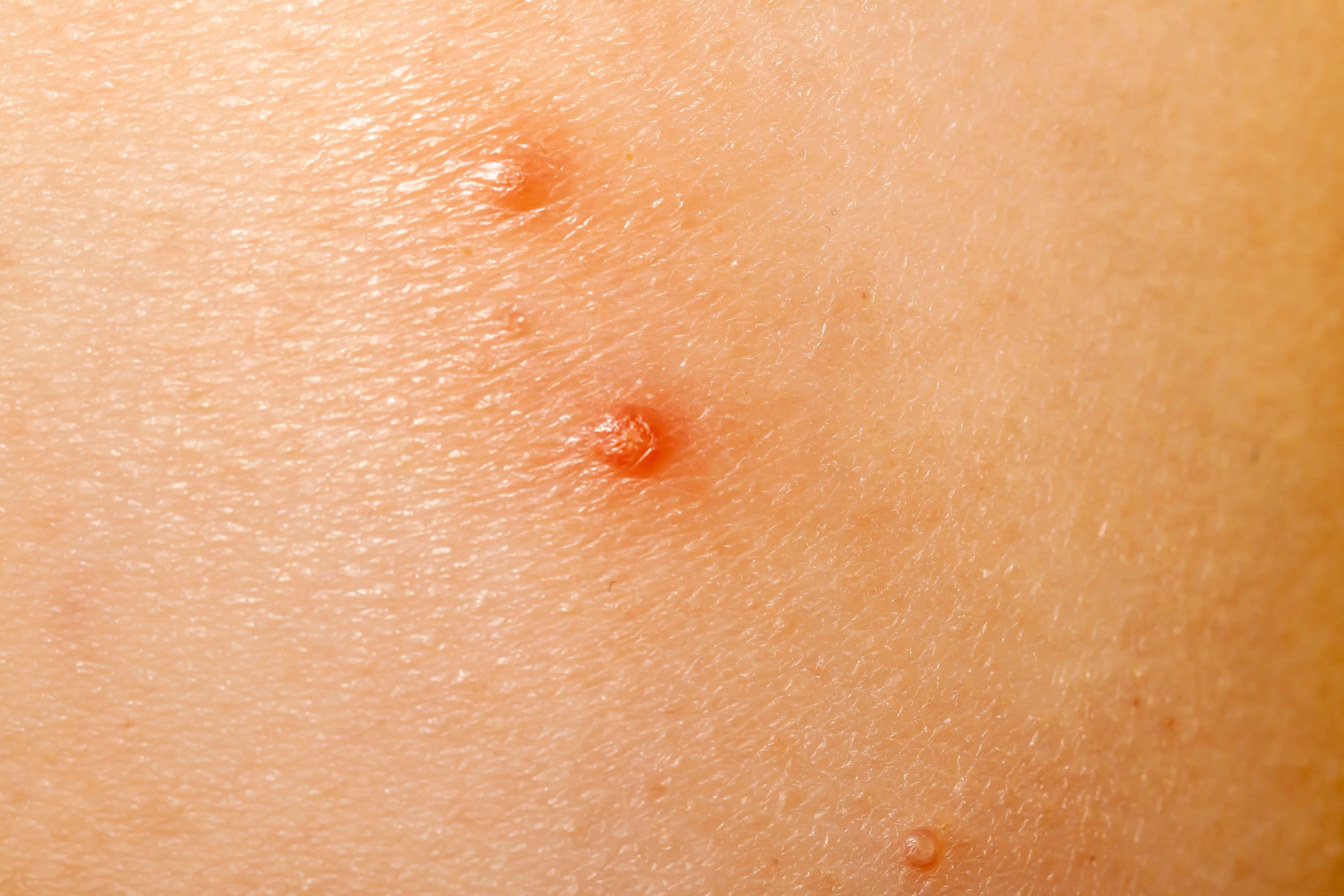Heat Wave and Its Effects on Health
Know about the heat wave, what it is, how it affects your health, who is at risk and how to protect yourself from the heat wave and more.

Written by Dr. Shaik Abdul Kalam
Reviewed by Dr. Vasanthasree Nair MBBS
Last updated on 13th Jan, 2026

Introduction
Heat waves are periods of extremely hot weather that can last for days or even weeks. They can be dangerous, especially for children, the elderly, and people with chronic illnesses. Understanding how heat waves affect health and how to stay safe is crucial to preventing heat-related illnesses.
What is a Heat Wave?
A heat wave occurs when temperatures rise significantly above the normal range for a particular region, often accompanied by high humidity. These extreme conditions make it harder for the body to cool down, leading to various health risks.
Consult a General Practitioner for Personalised Advice
How Does a Heat Wave Affect Your Health?
Prolonged exposure to high temperatures can lead to several heat-related illnesses, including:
1. Heat Cramps
• Painful muscle spasms, usually in the legs or abdomen.
• Caused by dehydration and loss of electrolytes through sweating.
2. Heat Exhaustion
• Symptoms include heavy sweating, weakness, dizziness, nausea, headache, and rapid pulse.
• If untreated, it can progress to heatstroke.
3. Heatstroke (Most Severe)
1. A life-threatening condition where the body’s temperature rises above 104°F (40°C).
2. Symptoms include confusion, seizures, loss of consciousness, and hot, dry skin.
3. Requires immediate medical attention as it can damage the brain, heart, and kidneys.
4. Dehydration
• Occurs when the body loses more fluids than it takes in.
• Symptoms include dry mouth, fatigue, dizziness, and dark-colored urine.
5. Worsening of Existing Conditions
• Heat can aggravate heart disease, respiratory illnesses (like asthma), and diabetes.
• High temperatures may also increase blood pressure and stress on the heart.
Who is Most at Risk?
It includes:
• Elderly people (over 65 years) – Their bodies may not adjust well to sudden temperature changes.
• Infants and young children – They are more prone to dehydration.
• People with chronic illnesses (heart disease, diabetes, lung conditions).
• Outdoor workers and athletes – Prolonged exposure increases risk.
• People without access to cooling systems (fans, air conditioning).
How to Protect Yourself During a Heat Wave?
1. Stay Hydrated
• Drink plenty of water, even if you’re not thirsty.
• Avoid alcohol, caffeine, and sugary drinks as they can dehydrate you.
• Include oral rehydration solutions (ORS) or coconut water to replenish electrolytes.
2. Stay Cool Indoors
• Use fans or air conditioning to keep your home cool.
• Close curtains during the day to block out heat.
• Take cool showers or baths to lower body temperature.
3. Avoid Peak Sun Hours
• Stay indoors between 10 AM and 4 PM, when the sun is strongest.
• If you must go out, wear a hat, sunglasses, and light-colored, loose-fitting clothes.
4. Recognise Early Warning Signs
• If you feel dizzy, nauseous, or excessively tired, move to a cooler place immediately.
• Seek medical help if symptoms worsen.
5. Check on Vulnerable People
• Regularly check on elderly neighbours, young children, and those with chronic illnesses.
When to Seek Medical Help?
If you or someone else experiences:
• High body temperature (above 103°F or 39.4°C).
• Confusion, slurred speech, or unconsciousness.
• Rapid breathing or racing heart rate.
• Call emergency services immediately.
Long-Term Health Tips for Heat Resilience
The tips include:
• Eat light meals (fruits, salads, and hydrating foods like cucumbers and watermelon).
• Exercise in cooler hours (early morning or late evening).
• Wear breathable fabrics (cotton, linen) to help sweat evaporate.
Final Thoughts
Heat waves can be dangerous, but with the right precautions, you can protect yourself and your loved ones. Stay hydrated, stay cool, and be aware of the warning signs of heat-related illnesses.
Consult a General Practitioner for Personalised Advice
Consult a General Practitioner for Personalised Advice

Dr. Rajib Ghose
General Physician/ Internal Medicine Specialist
25 Years • MBBS
East Midnapore
VIVEKANANDA SEBA SADAN, East Midnapore

Dr. Mainak Baksi
General Practitioner
13 Years • MBBS , MD (MPH)
Howrah
Mainak Baksi Clinic, Howrah
(50+ Patients)

Dr. Dayanashre N
General Physician
3 Years • MBBS
Bengaluru
PRESTIGE SHANTHINIKETAN - SOCIETY CLINIC, Bengaluru

Dr. Moumita Roy
General Physician/ Internal Medicine Specialist
8 Years • MBBS , MD (Anesthesiology)
Kolkata
VDC Clinic, Kolkata
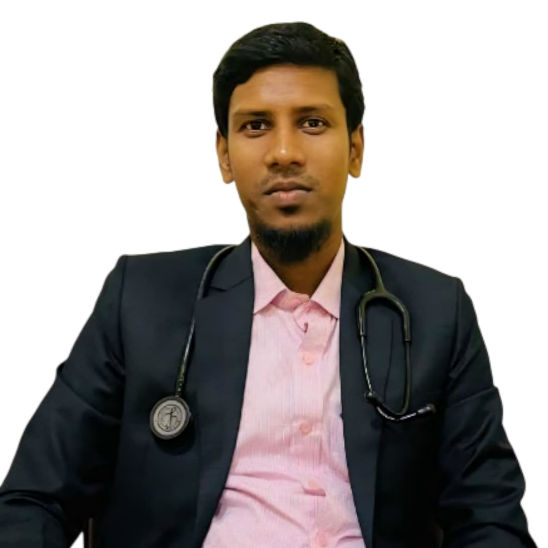
Dr. Arif Ahmed
General Physician/ Internal Medicine Specialist
9 Years • MBBS, MD (Genl. Med.)
Kolkata
MCR SUPER SPECIALITY POLY CLINIC & PATHOLOGY, Kolkata
Consult a General Practitioner for Personalised Advice

Dr. Rajib Ghose
General Physician/ Internal Medicine Specialist
25 Years • MBBS
East Midnapore
VIVEKANANDA SEBA SADAN, East Midnapore

Dr. Mainak Baksi
General Practitioner
13 Years • MBBS , MD (MPH)
Howrah
Mainak Baksi Clinic, Howrah
(50+ Patients)

Dr. Dayanashre N
General Physician
3 Years • MBBS
Bengaluru
PRESTIGE SHANTHINIKETAN - SOCIETY CLINIC, Bengaluru

Dr. Moumita Roy
General Physician/ Internal Medicine Specialist
8 Years • MBBS , MD (Anesthesiology)
Kolkata
VDC Clinic, Kolkata

Dr. Arif Ahmed
General Physician/ Internal Medicine Specialist
9 Years • MBBS, MD (Genl. Med.)
Kolkata
MCR SUPER SPECIALITY POLY CLINIC & PATHOLOGY, Kolkata
